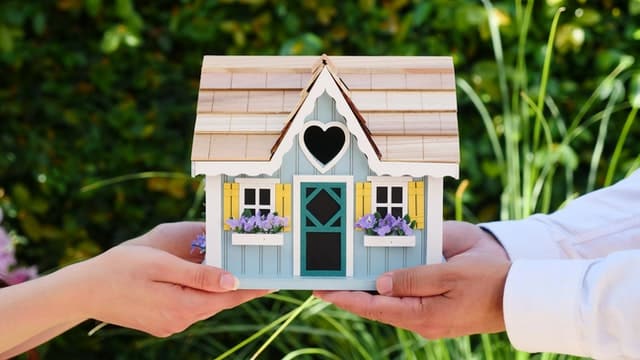
What You Really Need When Buying Your First Home
I was online yesterday and came across an interesting post. Now, It may have been a shame post, but there was some truth to it. The post talked about what people need to buy a house and its simplicity vs how much people pay in rent. Now I am all for people living where they want and where their budget will allow, but I think there are some misconceptions about the home buying process. If you want to know more about buying your first home without the clutter, keep reading.
Credit Score
The post asserted you needed around a 640 credit score to get in the game. Now, this may be correct considering the recent market interest, but let’s examine this from a normal market standpoint. A 640 is a great starting point to get better interest rates, but do not be discouraged. Your score can be less, and you can get approved. When I was purchasing my first home, my score was around 580. I was never turned down, but my interest rate was closer to 5%. You can always refinance to a better rate starting six months after your purchase, should your credit score increase.
Down Payment
The article suggested finding a home around $120,000 if that is feasible in your area. Now if you are living in a high cost of living area or a major city, this may not be feasible. If you are in a rural area, in the suburbs, or willing to relocate, this could be possible. The post suggested a $120,000 house would mean a $4,000 down payment. People disagreed and made it loud and clear that there were other associated costs and that $4,000 would not be enough.
This is where I can somewhat disagree. Sure, right now is a seller’s market, so you may have to come out of pocket for more. If you wait for the tides to turn, you will be in good shape. In a buyers market, it is simple enough to find a seller willing to pay closing costs on your behalf. Then your downpayment money would be sufficient. Beware that there are additional fees that go along with the downpayment. You need to add about $600 more to that to pay for the appraisal and home inspection.
Types of Loans
If you are a first-time homebuyer, you should consider an FHA loan. This comes with a 3.5% downpayment. It also requires PMI insurance, which on the downside, you can’t get out of unless you convert your loan. It is, however, perfect for someone with a lower credit score and limited down payment funds. If you are in a rural area, check out the USDA loans. If you can put a large lump sump down, closer to 20%, you can knock off PMI insurance and secure a better mortgage going with a conventional loan.
Read More
5 Steps To Take When Your Mortgage Gets Sold to Another Lender

